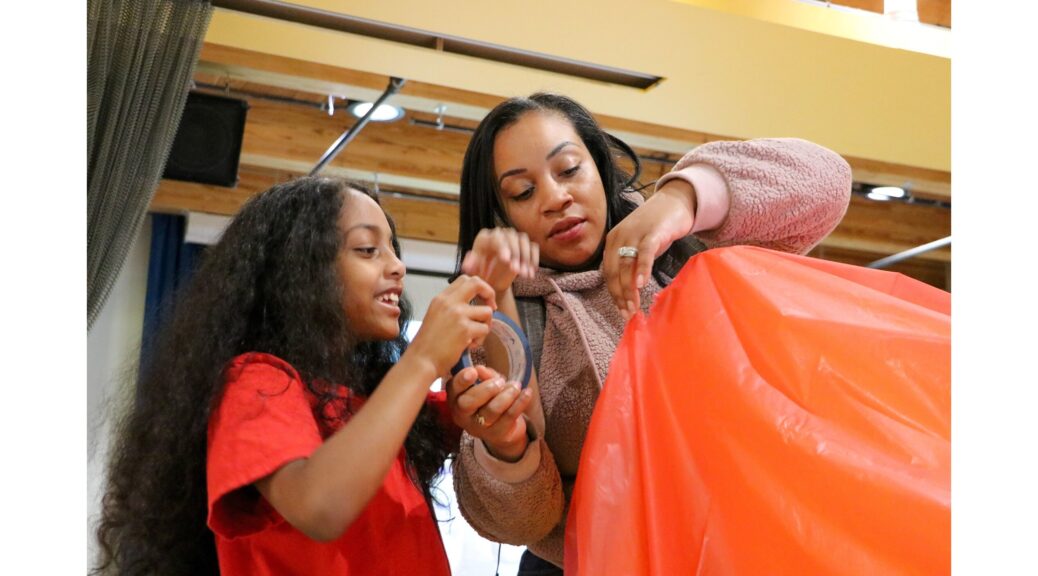Results showed children are engaging in varied kinds of play activities during a typical week, from pretend play (57%), outdoor play (91%), playing with other children who were not siblings (70%), playing with pets or animals (45%), playing alone (92%), playing with adults (87%), at home activities such as cooking and gardening (67%), and doing arts and crafts (65%).
Other key findings from the survey include:
- 97% agreed (72% strongly) that play is strongly linked to getting along and working with others.
- 70% agreed (30% strongly) that physical safety is a big concern when thinking about where and how their child plays.
- 80% agreed (36% strongly) that safety, in respect to negative or harmful messages that their children could experience, was a big concern.
- 96% agreed (57% strongly) that it is good for their child to take age-appropriate risks while playing.
- 76% agreed (39% strongly) that technology is taking away from traditional kinds of play.
“The survey is a useful data point in understanding how children are engaging in play, and the attitudes of families about play,” said Carole Charnow, President and CEO of the Museum. “Play is alive and well and families understand its importance, even as traditional forms of play are challenged by technology, and the demands of full schedules.”
As noted in a 2018 article in the journal “Pediatrics” published by the American Academy of Pediatrics, “The definition of play is elusive. However, there is a growing consensus that it is an activity that is intrinsically motivated, entails active engagement, and results in joyful discovery. Play is voluntary and often has no extrinsic goals; it is fun and often spontaneous. Children are often seen actively engaged in and passionately engrossed in play; this builds executive functioning skills and contributes to school readiness (bored children will not learn well). Play often creates an imaginative private reality, contains elements of make believe, and is nonliteral. Play is fundamentally important for learning 21st century skills, such as problem solving, collaboration, and creativity, which require the executive functioning skills that are critical for adult success.”
701 people completed the anonymous online survey promoted and conducted by the Museum and BostonMoms.com between March and July 2024. 92% were from Massachusetts, with 51% from Greater Boston, and 24% from the City of Boston. The complete survey results can be found at https://bostonchildrensmuseum.org/playsurvey2024/
About Boston Children’s Museum
Boston Children’s Museum engages children and families in joyful discovery experiences that instill an appreciation of our world, develop foundational skills, and spark a lifelong love of learning. More information about Boston Children’s Museum can be found at http://www.bostonchildrensmuseum.org/ Become a fan of the Museum on Facebook and follow us on Twitter
Hours and Admission
The Museum is open Wednesday–Sunday from 9:00am–4:00pm. Advance tickets/reservations are highly recommended, especially during weekends, holidays, and school vacation weeks. Adults, $22, children (1–15) and senior citizens, $22; children under 12 months and Museum members are always free.
About BostonMoms.com
BostonMoms.com is a mom-owned and operated digital media company that provides locally focused FREE resources for moms and families in Greater Boston [BostonMoms.com]. Passionate about motherhood and our communities, Boston Moms and its parent company, Wicked Good Mom Media, strive to connect area moms to stories, relevant resources, local businesses, can’t-miss happenings, and most of all — each other!
Media Contact
Jo-Anne Baxter, Boston Children’s Museum, 617-986-3702, [email protected], www.BostonChildrensMuseum.org
SOURCE Boston Children’s Museum


